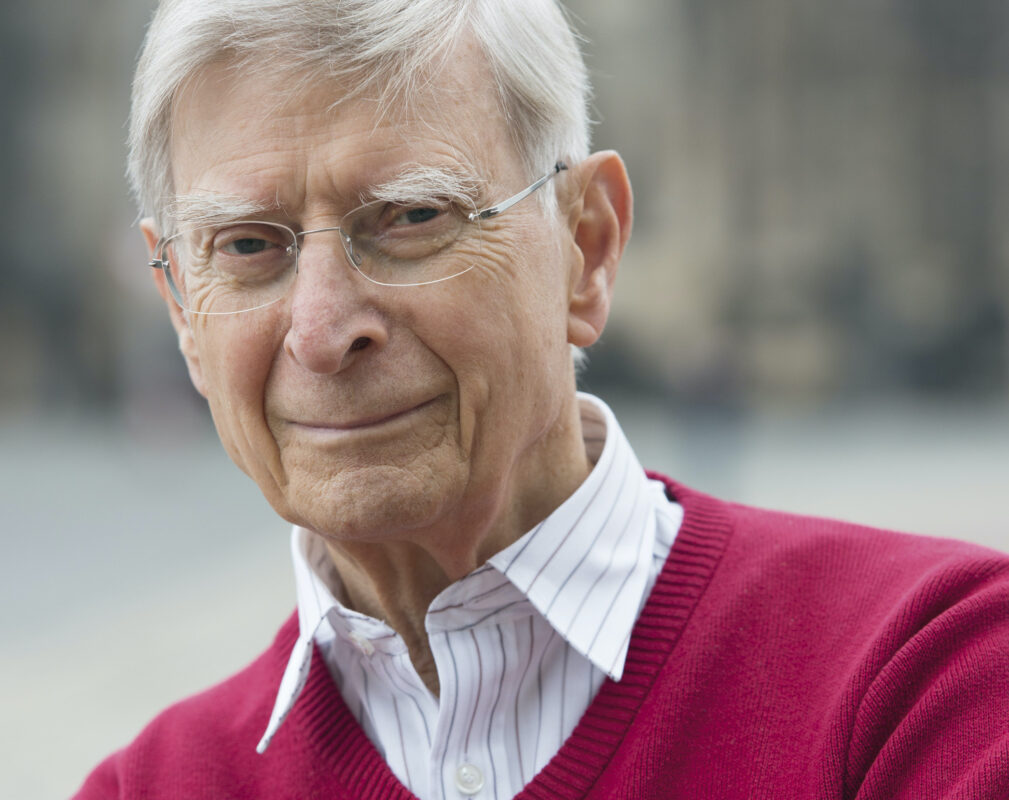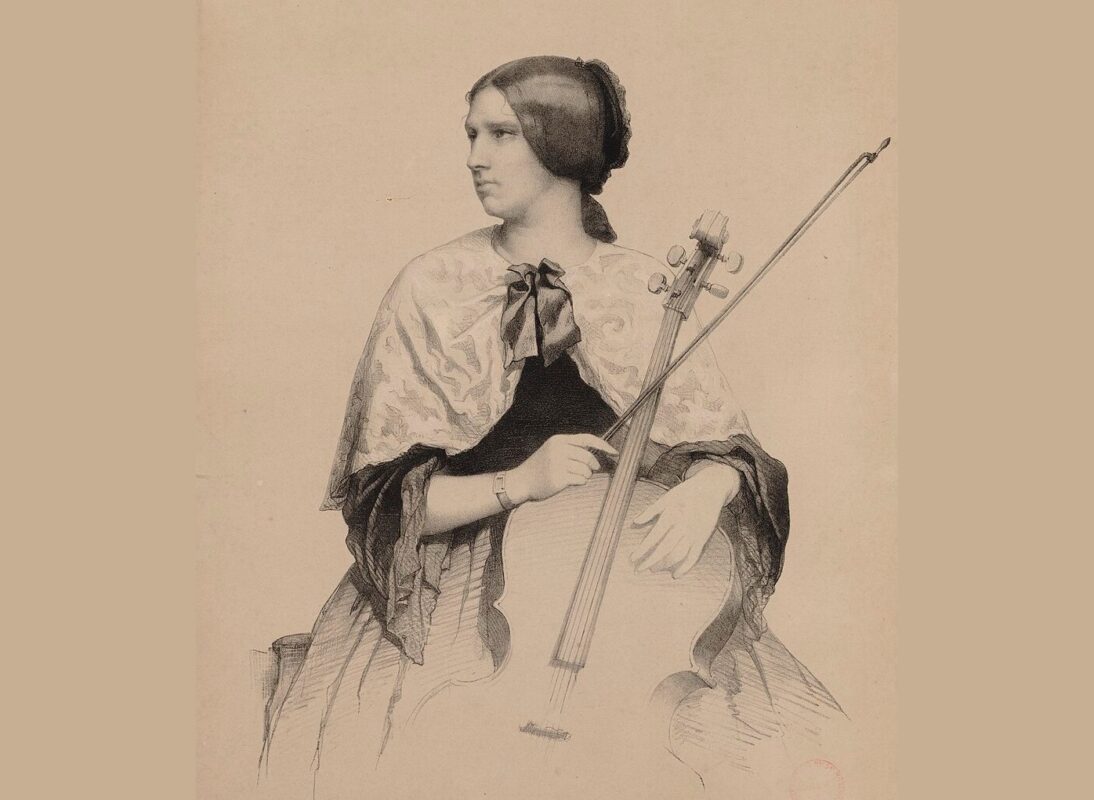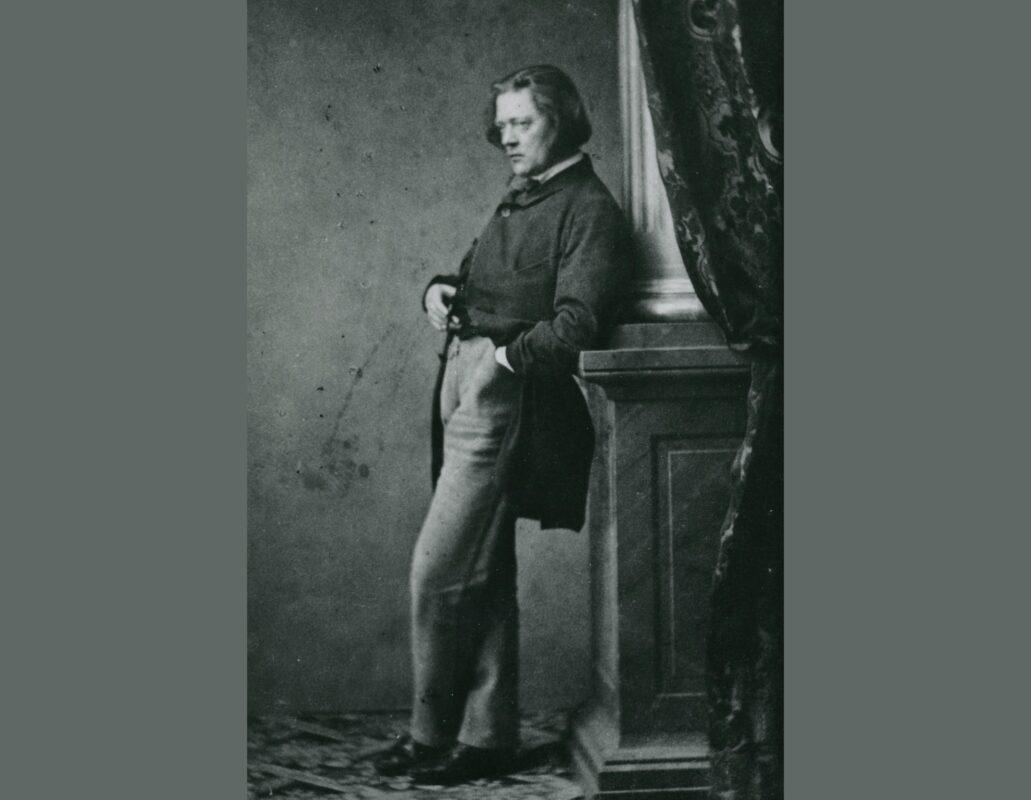Jazzy - or classical?
Short pieces for oboe and bassoon by Mathias Rüegg and Jean-François Michel. Not all untitled, but all with humor.

The shortest piece of the four booklets is self-confidently called untitled, but lovely. The composer Mathias Rüegg (*1952) decides neither in the preface nor in the musical text, just as George Gershwin did a hundred years ago, how his music should be played, "classical" or "jazzy" phrasing. Gershwin demanded "classical", but played (together with his bands) anything but classical in his own recordings. Rüegg expresses his openness: "Composers (like me) make suggestions and do not attach any importance to being faithful to the original."
A review of his two pieces reveals an exceptional sense of humor: the three parts of the bassoon composition that merge into one another farmers & wives are entitled "first wife", "second wife" and "third wife" - whereby the third part contains many elements of a reprise of the first. Everyone should interpret this as they wish! Behind the "second wife" is an inspired recitativo, which should also be played "with a lot of gentle tone" (sic!).
An unpretentious miniature in the style of Satie is the slow waltz, the aforementioned untitled, but lovely for oboe and piano, the end of which gains considerably when played on the cor anglais - this is not provided for in the score, but can be heard in the recording of the dedicatee. It is worthwhile approaching Rüegg's music with great care and intensity, then it will have an intimate and often ambiguous effect!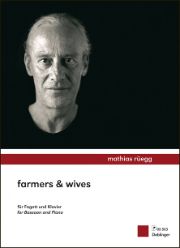
Mathias Rüegg, farmers & wives (1995), for bassoon and piano, D 05 563, € 15.95, Doblinger, Vienna 2012
Mathias Rüegg, untitled, but lovely (1995), for oboe and piano, D 05 266, € 13.95, Doblinger, Vienna 2012
Designed as a multi-part series, the Bagatelles by Jean-François Michel (*1957) and "give free rein to humor, parody or mockery". The composer thus joins the French tradition of the lucid, clear and tonal musical language of neoclassicism of Henri Tomasi or Jean Françaix, for example. Both the ten-minute bassoon and oboe bagatelles are easily accessible to interested amateur musicians and, played with tonal refinement, can unfold lyrically and virtuosically to great effect. The slow middle movements are particularly noteworthy: A baroque-like Siciliana (bassoon) and an Adagio misterioso (oboe) provide intense and touching moments.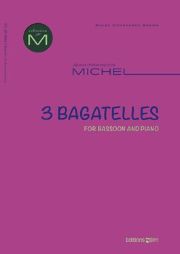
Jean-François Michel, 3 Bagatelles (2011), for oboe and piano, OB 12, Fr. 15.00. Editions Bim, Vuarmarens 2012
Jean-François Michel, 3 Bagatelles (2013), for bassoon and piano, FG6, Fr. 15.00, Editions Bim, Vuarmarens 2013






